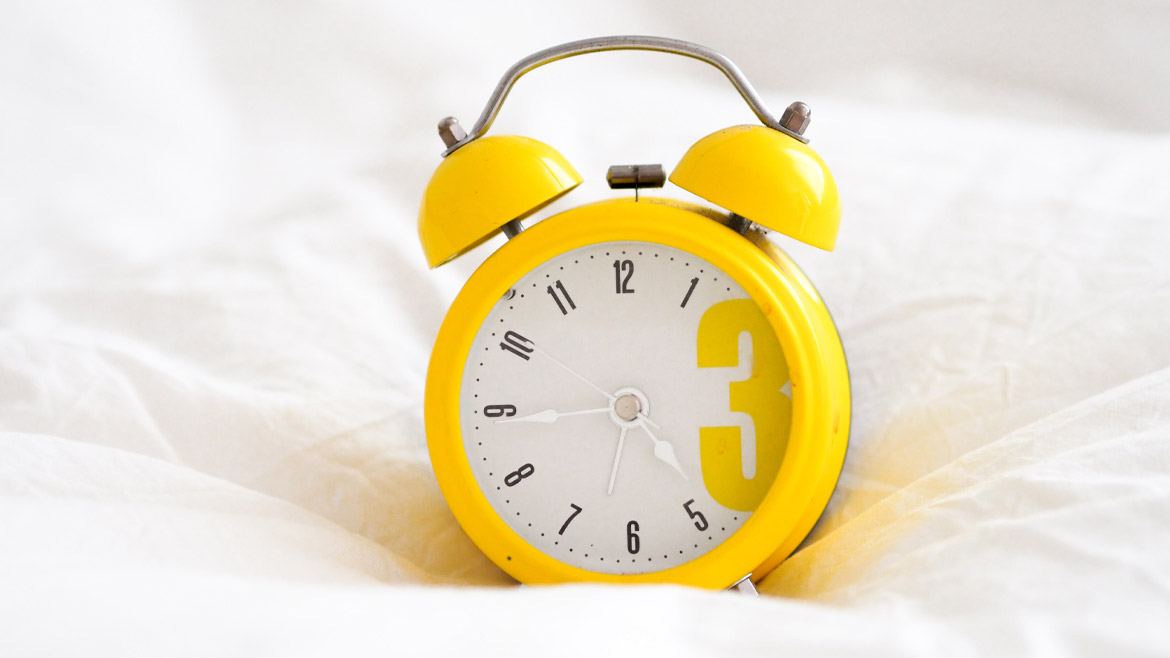1. Bedtime routine
I can’t stress enough the importance of routine. Making an age appropriate bedtime routine is what has created the best results in lengthening sleep patterns in little ones. You may be surprised to know that these bedtime routines will have subtle changes at different ages.
There is a routine change at: 0 – 4 weeks, 4 – 6 weeks, 3 – 6 months, 6 – 12 months and 12 – 18 months. It may only be a subtle change, but in my experience, it can make the world of difference. If you have had me do a bedtime routine with you, you will be well aware that I love a warm bath as part of your bedtime routine. But it’s more than that, it’s about how, when, where you feed, what association tools you put in place to let them know bedtime is coming, so that you don’t create anxiety or surprise. Feel free to sign up for a personalised bedtime routine.
2. Bedtime
Many parents fall into the trap of believing the later their child goes to bed, the later they will rise in the morning. Unfortunately, this logic doesn’t work, and your child still wakes at the same early time, only grumpy. Being consistent with an age appropriate schedule for bed assists them to go to bed tired but awake.
Letting them know bedtime is approaching by having dim lighting for 10 minutes just prior to bed encourages those sleep association habits I mentioned. Research has shown that having bedtime at the same time every night, encourages structure that helps children thrive. They really are creatures of habit, and require parents to be consistent for 7-21 days to develop a rhythmic body clock of when the day should start and end.
3. Acknowledge growth spurts
There are up to 10 growth spurts your newborn baby will have in their first 18 months of life. Sleep patterns and cycles lengthen as your baby grows, but they also become more aware of their surroundings. This causes them to wake instead of remaining in light sleep patterns.
It is very common for babies to begin waking regularly overnight between 4-5 and 7-9 months. If your baby has kept their natural instinct to self-settle or has been taught this behaviour, you may not notice the frequent 2 hourly wakes. If your baby is reliant on a sleep aid of some description to go to sleep, the frequent wake ups will be more obvious as your little one calls out and requests your help to go back to sleep.
These frequent wake ups’ often turn into you starting the day before you are ready. Your little one has climbed the hierarchy of control and has decided when the day begins. This is not ideal! The day should be starting 10-12 hours after they were put into bed and preferably fits with when the parents want to rise.
The problem normally starts with refusal to go back to sleep (from your little one) and then a habit of starting the day early quickly occurs. This is one of the habits that needs strict guidelines to break, as well as consistency over a week or more.
I am not a morning person, and so I love fixing this for families. Starting the day on your own terms is precious. We can give you the tools to get your little one sleeping longer, so you don’t need to rise as early as the birds do.
If you are fed up of having to get up to an early riser, give us a call 0415 970 976.
Written by: Alison Gregory Endorsed Midwife, Parenting Educator, Sleep & Lactation Consultant.
Photo by Laura Chouette on Unsplash

